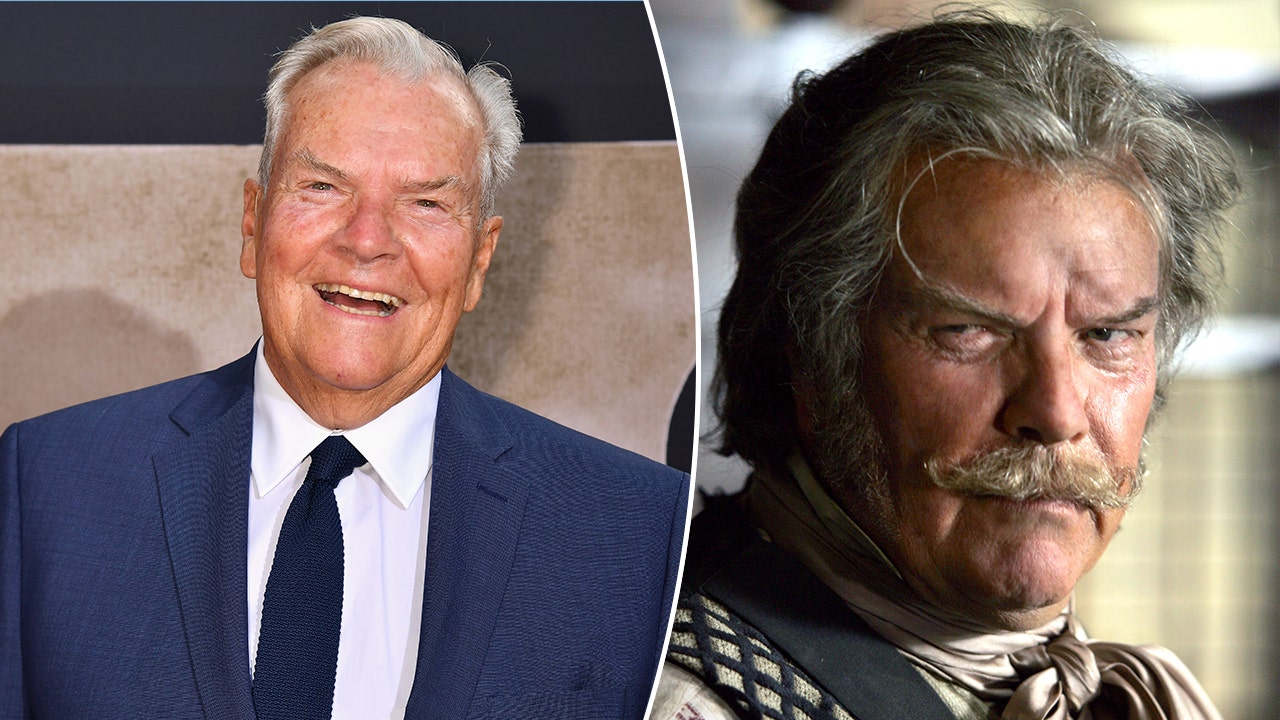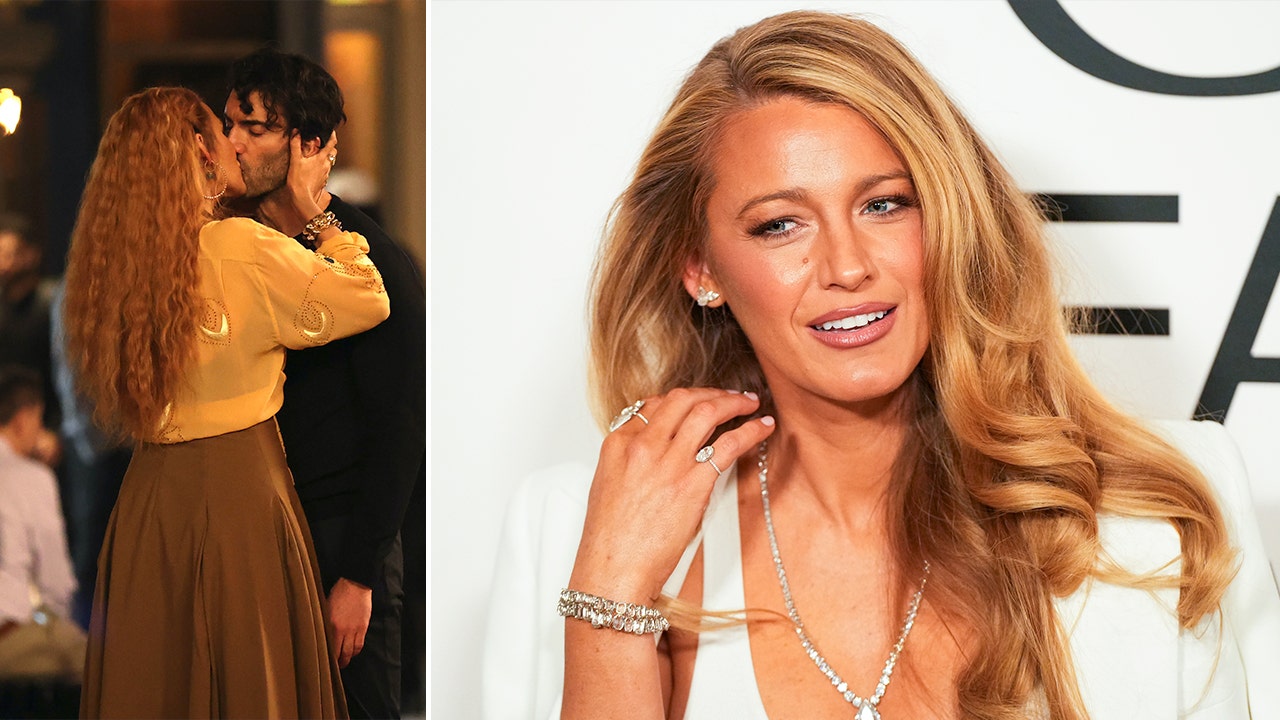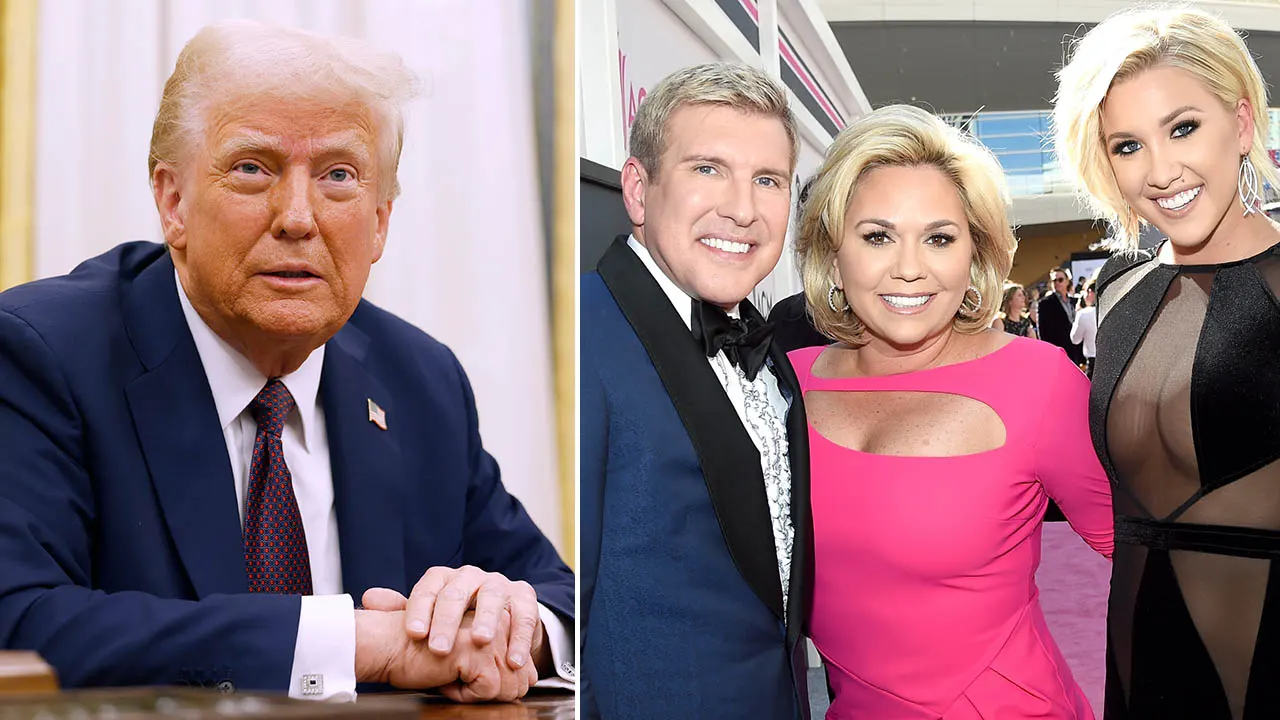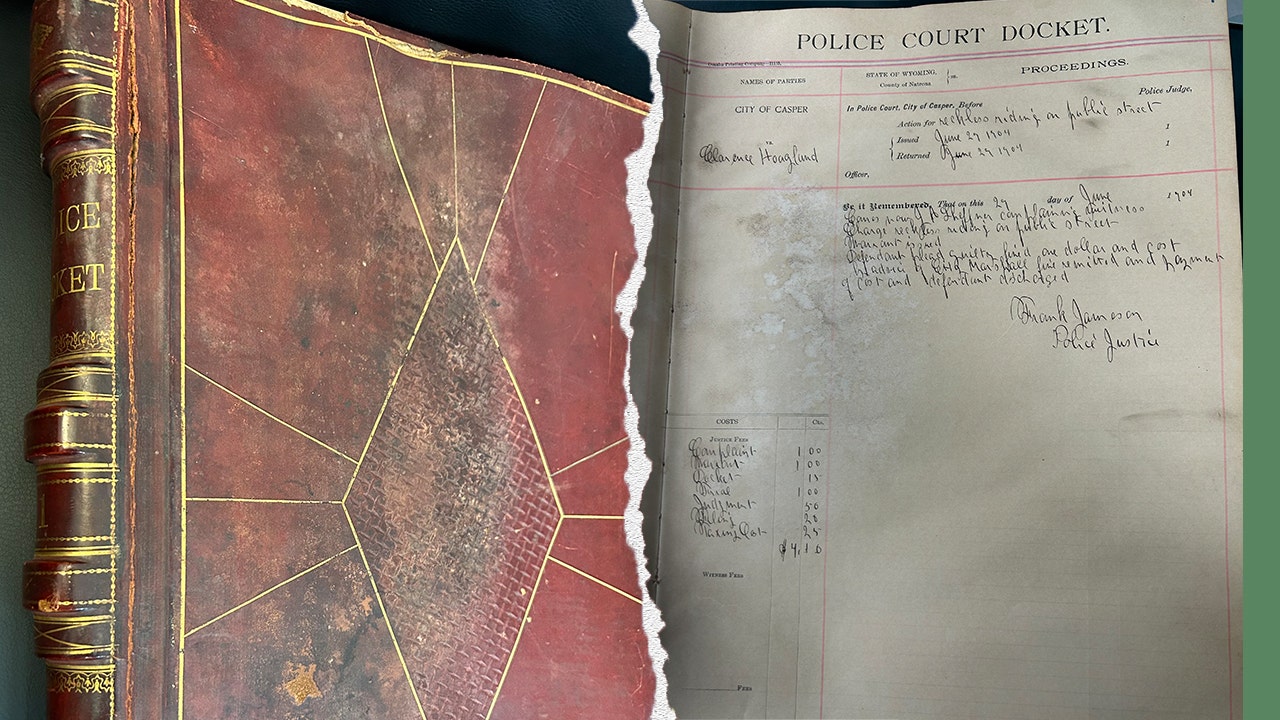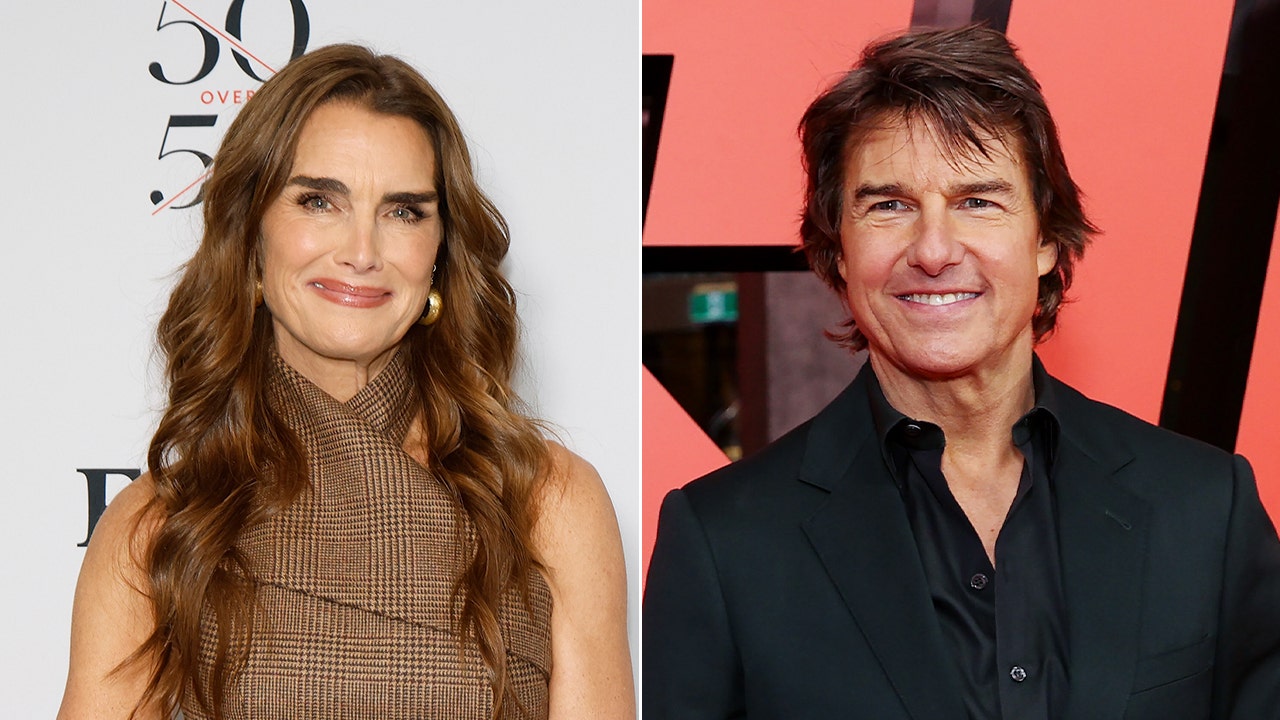Brooke Shields reveals that Tom Cruise has indeed apologized for his controversial statements regarding postpartum depression. His criticisms had made a significant impact, as he accused her of being “irresponsible.”
In her memoir, “Brooke Shields is Not Allowed To Get Old: Thoughts on Aging as a Woman,” Shields recounts the moment Cruise reached out to her after his infamous interview with Matt Lauer back in 2005, where he asserted that her medication for postpartum depression wasn’t effective. She describes his attack as one stemming from a place of opportunism, noting that he “attacked me basically because he could.”
During that 2005 interview, Cruise emphatically declared that medications for postpartum depression, like the ones Shields was prescribed, “didn’t cure anything.” His sweeping assertions about the nature of mental health raised eyebrows and sparked a national conversation about the misconceptions surrounding mental illness.
He insisted, “There is no such thing as a chemical imbalance. The thing that I’m saying about Brooke is that there’s misinformation.” In essence, Cruise appeared to discard long-standing psychiatric principles, leaving many mothers, including Shields, feeling vulnerable and unsupported.
In the wake of his comments, Shields vehemently defended herself in an op-ed for The New York Times, criticizing Cruise’s display as a “disservice to mothers everywhere.” Her vulnerability spilled onto the page as she detailed her struggles, admitting, “I couldn’t bear the sound of [daughter] Rowan crying, and I dreaded the moments my husband would bring her to me. I wanted her to disappear. I wanted to disappear.”
She was candid about her personal journey, disclosing that the moment her doctor diagnosed her with postpartum depression was both a relief and a shock. The prescription for Paxil that she initially resisted became a lifeline, yet her path to recovery was fraught with setbacks. “I had a relapse that almost led me to drive my car into a wall with Rowan in the backseat,” she wrote. However, she affirmed that medication, combined with therapy, ultimately brought her back to a place where she could truly embrace her motherhood.
“Eventually, Tom Cruise apologized to me… said he was sorry, and that he felt cornered by Matt Lauer and that he attacked me basically because he could.”

Reflecting on Cruise’s remarks, Shields identified a striking “lack of understanding” surrounding postpartum depression. She emphasized that comments like Cruise’s perpetuate stigma and misinformation. “To suggest that I was wrong to take drugs to deal with my depression shows an utter lack of understanding about the complexities of childbirth and mental health,” she pointed out, advocating for better awareness and empathy.
As she navigated her emotions and memories, Shields confessed that prior to her motherhood, she might have chosen silence in the face of such public scrutiny. “I would have ignored his ridiculous rant,” she noted, suggesting that her experiences as a mother fueled her determination to vocalize the struggles many women face.
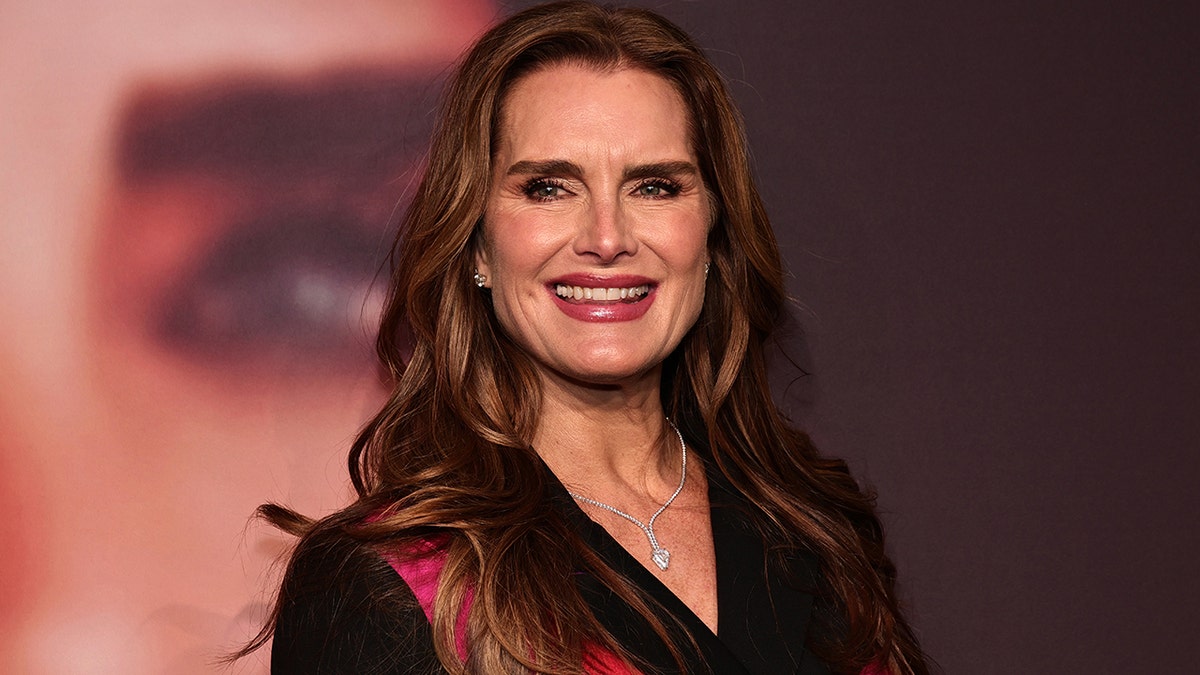
Despite the pain his words inflicted, Shields acknowledged the importance of standing her ground. She championed not only her own experience but also the collective voices of women who face judgment and misunderstanding. “Eventually, Tom Cruise apologized to me—not publicly, which would have been the right thing to do—but he came to my house and said he was sorry,” she recalled. “It wasn’t the world’s best apology, but it’s what he was capable of, and I accepted it.”
This open dialogue about mental health serves as a reminder of the profound impact celebrity voices can have on societal perceptions. Within this spotlight, Shields emerged not only as a survivor but also as a voice for change, advocating for a better understanding of postpartum depression—a conversation that’s more relevant today than ever before.


























